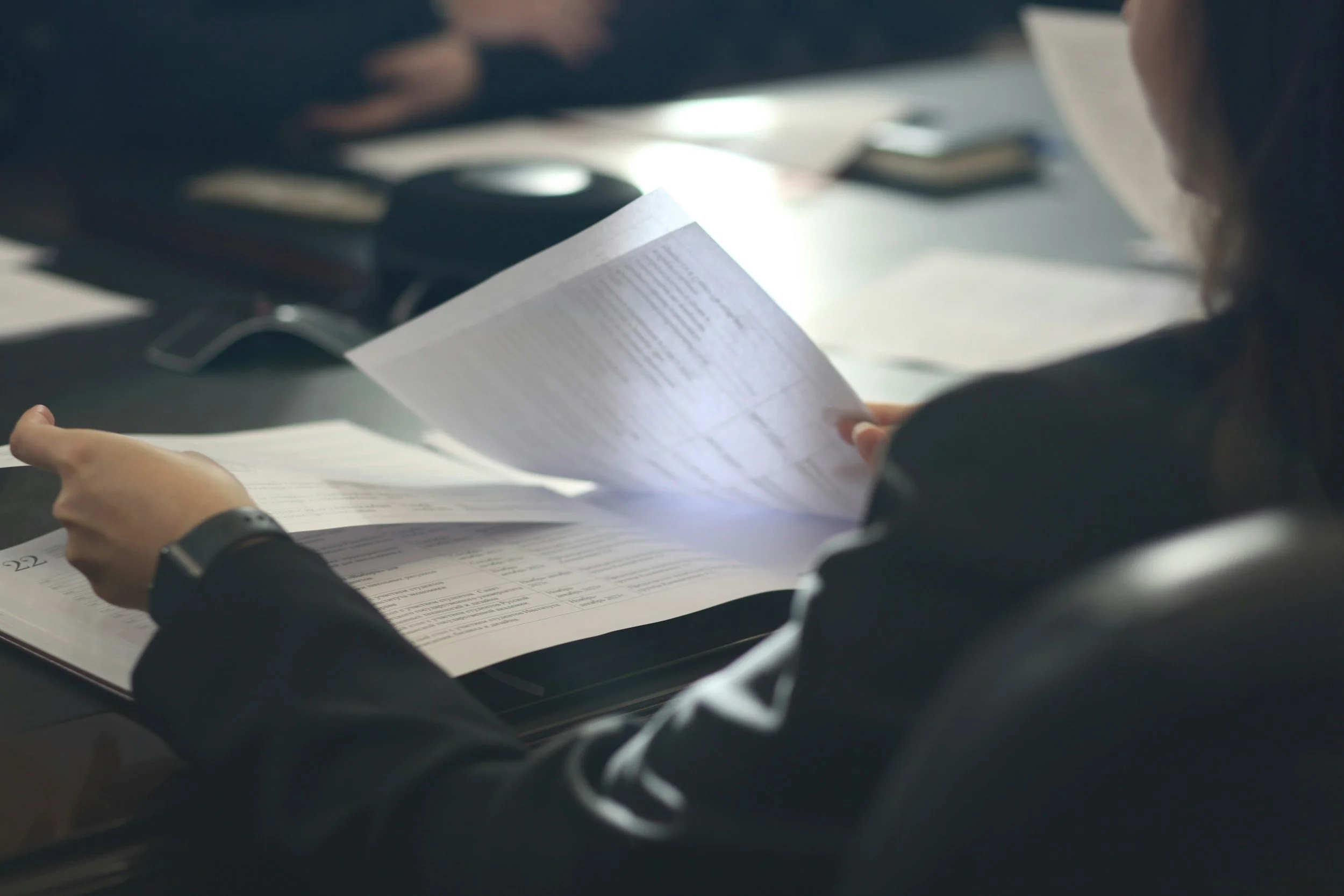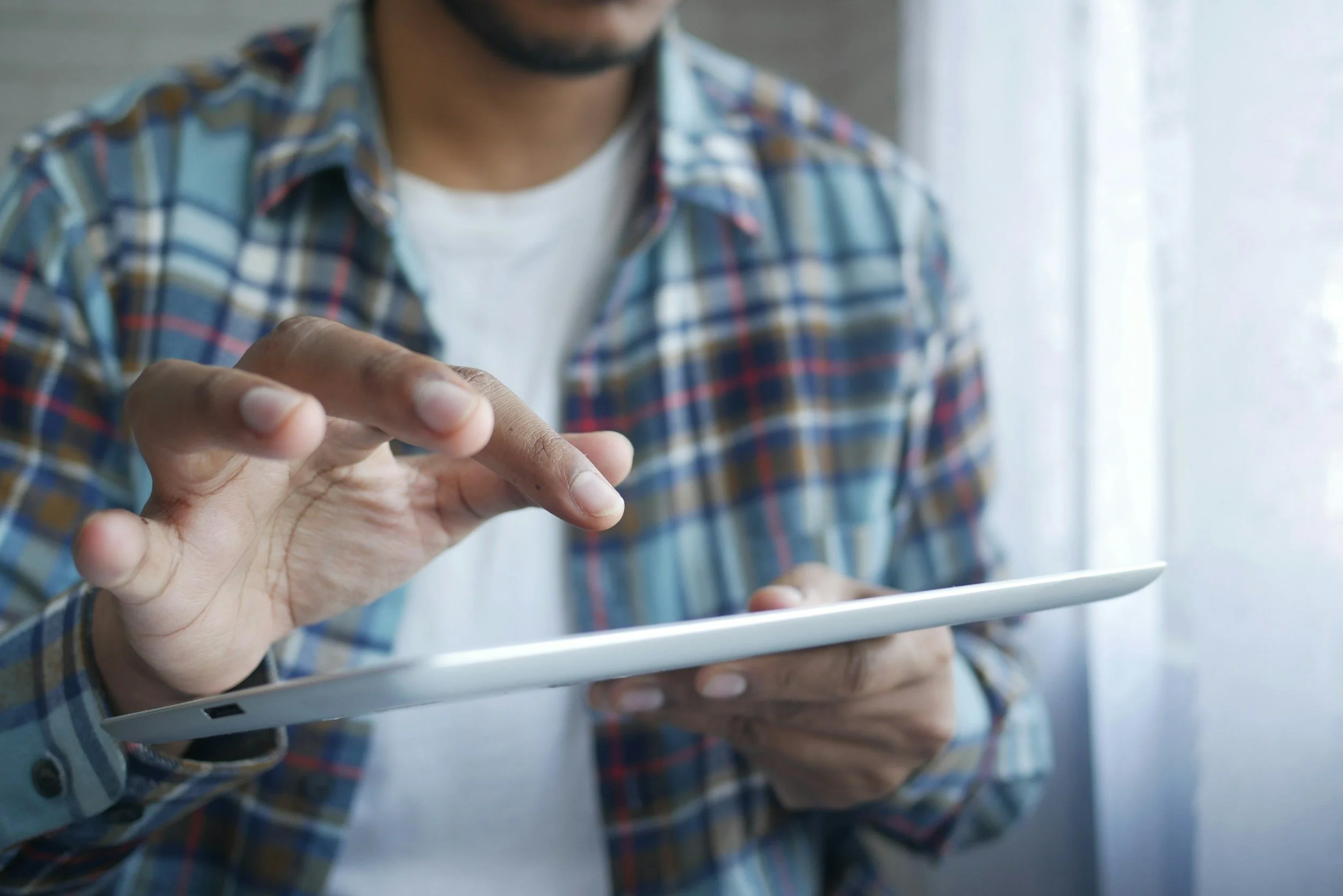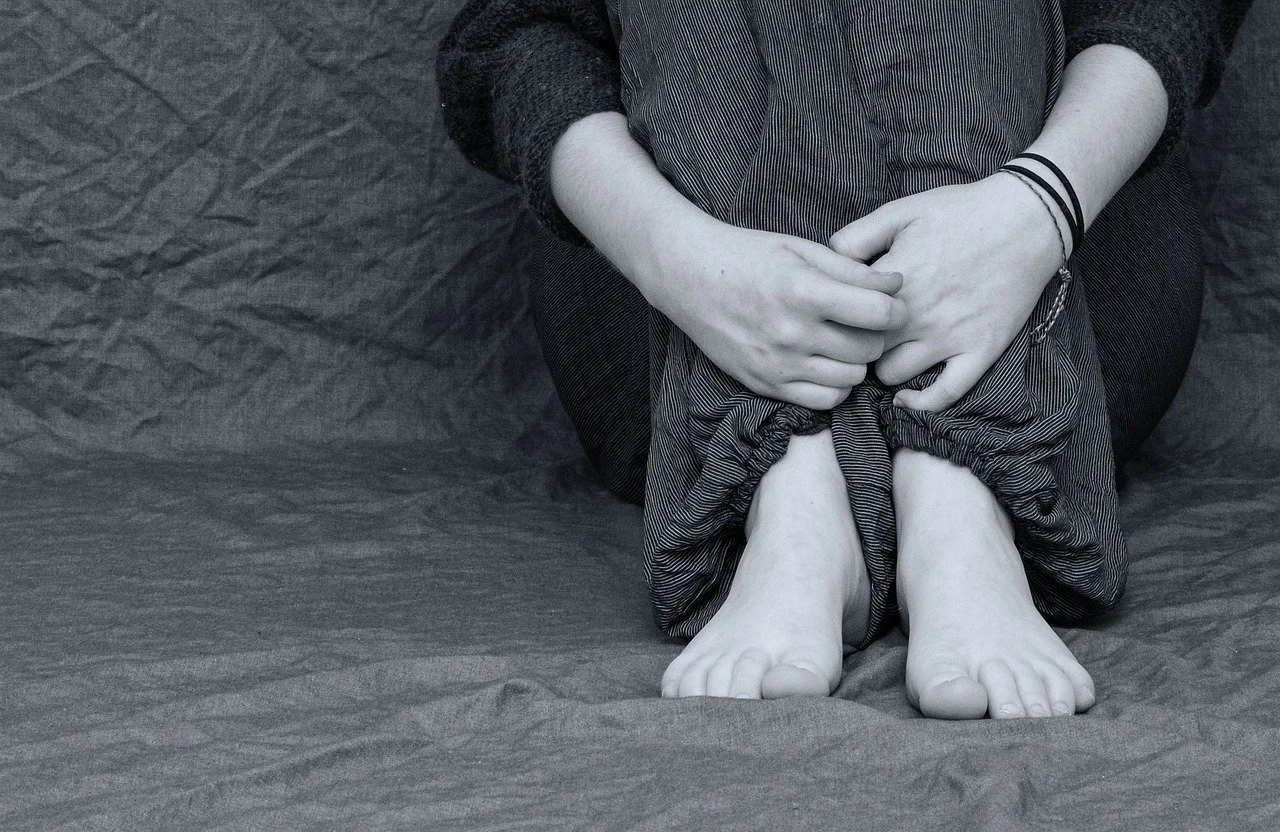She Found Her Voice
This article explains how the Evidentiary Abuse Affidavit (EAA) supports abuse victims by transforming lived experiences into structured legal documentation. Through storytelling, it highlights how survivors gain clarity, credibility, and confidence in court through evidence-based documentation.
How Victims of Abuse Can Safely Document Without Increasing Risk
Traditional evidence standards fail survivors of abuse by requiring unrealistic proof. Learn how the Evidentiary Abuse Affidavit (EAA) empowers survivors to document abuse on their own terms—legally, securely, and without re-traumatization.
When Abuse Victims Change Their Stories
Many domestic violence victims later change their stories, not because the abuse didn’t happen, but because fear, dependency, and emotional bonds make it feel safer to withdraw. Understanding this response helps protect victims and preserve evidence safely.
Notarizing a Document: In Person vs. Virtual
When it’s time to notarize important documents like the Evidentiary Abuse Affidavit (EAA), should you choose in-person or virtual? Learn the benefits, safety considerations, and best practices for both options.
Victims Beyond the Target
Abuse is never contained. It spreads across homes, families, friendships, workplaces, and communities. The target victim carries the heaviest burden, but they do not carry it alone. Everyone connected to the abuse, in large or small ways, bears its weight.
6 ThingsVictims of Abuse Expect on Their First Call for Help
For a victim of abuse, picking up the phone and calling the police is rarely a simple or impulsive decision. It's usually the result of countless sleepless nights, moments of fear, isolation, and the exhausting calculation of risk versus hope.
Strengthening the First Response
"Finding the courage to make that first call to law enforcement can be terrifying for a victim. They often don’t know what kind of help they’ll receive—or if it will truly apply to their unique situation. Too often, responders are simply ‘checking the box,’ offering generic suggestions that fail to address the specific needs of the case."
How the EAA Applies in Crawford v. Washington and the Forfeiture by Wrongdoing Clause
In the landmark case of Crawford v. Washington (2004), the U.S. Supreme Court revolutionized the interpretation of the Sixth Amendment's Confrontation Clause, shifting the legal landscape regarding the admission of testimonial evidence in criminal trials. This ruling, alongside the Forfeiture by Wrongdoing Clause, has significant implications for the treatment of victims’ statements in abuse and domestic violence cases.
Documenting Abuse: 5 Tips and Tools
Whether you are experiencing abuse yourself or supporting someone who is, knowing how to properly record incidents can make a significant difference in both legal proceedings and personal empowerment.








